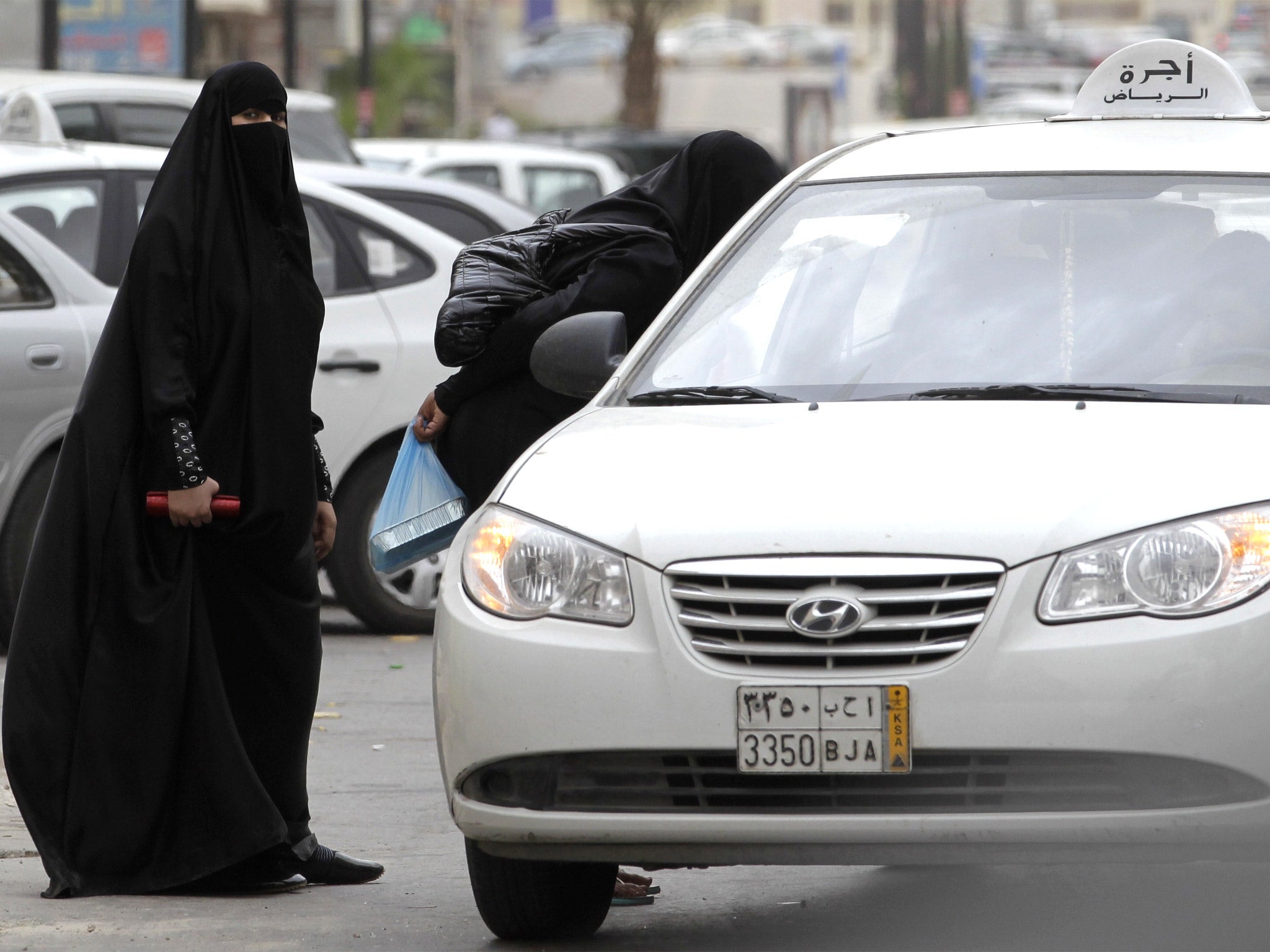The new suffragettes: Wajeha al-Huwaidar - A driving force on the long road towards equality
In Saudi Arabia, the right to drive has become a symbol of a wider fight for women’s freedom, a leading campaigner tells Catrina Stewart

Your support helps us to tell the story
From reproductive rights to climate change to Big Tech, The Independent is on the ground when the story is developing. Whether it's investigating the financials of Elon Musk's pro-Trump PAC or producing our latest documentary, 'The A Word', which shines a light on the American women fighting for reproductive rights, we know how important it is to parse out the facts from the messaging.
At such a critical moment in US history, we need reporters on the ground. Your donation allows us to keep sending journalists to speak to both sides of the story.
The Independent is trusted by Americans across the entire political spectrum. And unlike many other quality news outlets, we choose not to lock Americans out of our reporting and analysis with paywalls. We believe quality journalism should be available to everyone, paid for by those who can afford it.
Your support makes all the difference.When Saudi activist Wajeha al-Huwaidar defied a ban on women drivers to get behind the wheel of a car in 2008, she was sure it was only a matter of time before women would be allowed to drive – a right that would, she was convinced, transform their lives.
“If you give a woman a right to move, you give her the right to find a job, to be independent,” the 52-year-old activist says by phone from her home in Saudi Arabia. “I thought it would take us two or three years to be allowed to drive, but my calculations were wrong.”
Hopes that the Arab Spring might bring more freedom for Saudi Arabia’s women have proved ill-founded. Women are still forbidden to drive. Nor are they allowed to mix freely with men. They require permission from a male guardian to travel, and they must cover up in public.
“The Arab Spring was a curse for us,” says al-Huwaidar. “The government became more aggressive, more controlling.” Female activists who had been outspoken before 2011 were cowed as the state started to put pressure on them, she says.
This was an unexpected setback. Generally, since his coronation in 2005, the ageing King Abdullah had positioned himself as a reformer and supporter of women’s rights. He has taken steps that, in a theocratic state such as Saudi, represent a significant shift. For instance, in 2011, women were for the first time allowed to sit on the Shura Council, the consultative assembly of lawmakers appointed by the king, though what real power they have is a matter for debate. The kingdom sent female competitors to the London Olympics last year for the first time. And in 2015 women will be allowed to contest and vote in municipal elections.
In other spheres, notably the home, women remain disenfranchised. “The reality is that if you live in a close-minded family, you will suffer, and nobody will hear you. That’s just your fate,” says al-Huwaidar. “Saudi men control their women. They are in charge of everything in their lives, and the law is with them.”
As a young woman, al-Huwaidar enjoyed a level of freedom denied to Saudi women today. But after the overthrow of the Shah in Iran by fundamentalists in 1979 and the deadly attack the same year by militant Islamists on the Grand Mosque in Saudi’s holy city of Mecca, the House of Saud embarked on a policy of appeasement towards clerics which gave the latter virtually unchecked control over society.
In the past decade, al-Huwaidar has emerged as perhaps the most outspoken face of women’s rights in Saudi, challenging the guardianship law, domestic violence and child marriage. Yet some Saudi women see her confrontational campaigns as detrimental to their cause, while others resist change altogether.
Al-Huwaidar recalls: “One well-educated woman told me, ‘I don’t want women to drive because that means my husband will see women on the road, and maybe they will start something. You should think of protecting families, not women drivers.’ If we can change women, we can change men.”
Whether al-Huwaidar will be the one to lead that change remains to be seen. Since she filmed Manal al-Sharif, a young Saudi woman, driving a car in 2011, she has come under renewed pressure from the authorities, and has reined in her activism.
But change, she insists, is unstoppable. “We’re not going to be the country with oil in 10 years. We have to change,” she says. “It is not a choice.”
Join our commenting forum
Join thought-provoking conversations, follow other Independent readers and see their replies
Comments